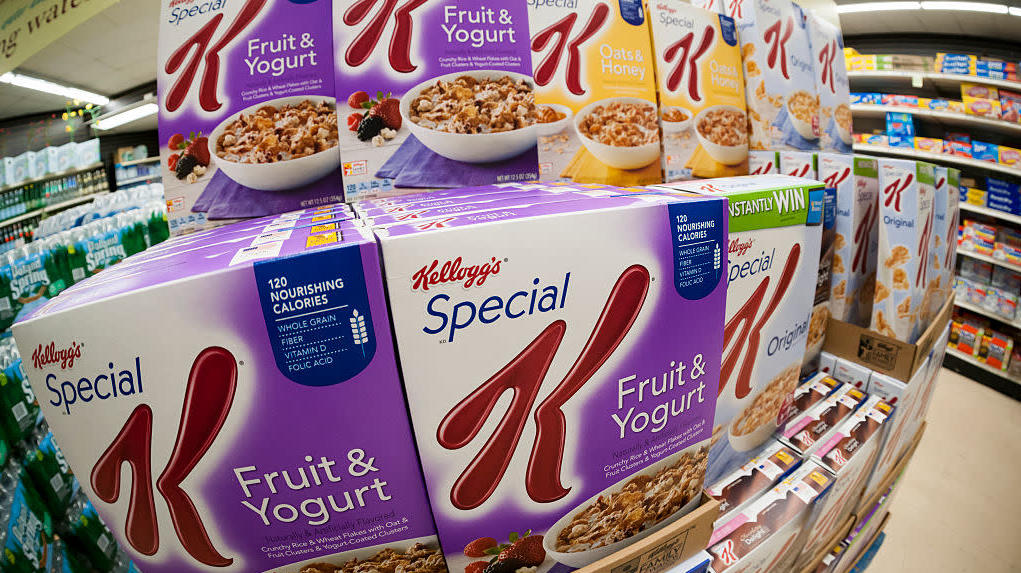Are Your 401(k) Funds Banding Together To Drive Up The Price Of... Breakfast Cereal?
I'm not really a cereal guy, I'm more of a "possibly eat breakfast" or "pick at some cheese" kind of morning person, but sometimes there's some cereal news that makes me pay attention.
In this excerpt from NPR's Planet Money newsletter, Yale School of Management economist Michael Sinkinson and his colleagues Christopher Conlon and Matthew Backus posit an interesting theory: that companies that command massive amounts of money, such as Vanguard, BlackRock, and State Street Global Advisors (which control over $16 trillion), are using that money to invest in single industries, stealthily creating monopolies in which investors call the shots, competitors are left in the dirt, and prices are driven up.
This common ownership already appears to have been making its mark in the airline industry, according to one group of economists. But what about, say, something like cereal? While it may not be an obvious place to start, Vanguard, BlackRock, and State Street Global own around 5% of each of General Mills, Post, Quaker Oats, and Kellogg's.
The economists used Kellogg's as a control of sorts, since it's the only one out of the four that doesn't have ownership of any other cereal brands (I'm bad at financial stuff, but... you can do that?!). Therefore it's theoretically concerned only with its own profitability without having interest in a competitor. "So Kellogg's cereal prices serve as a kind of counterfactual to test if the other big cereal companies are behaving differently. The economists used this and other statistical Trix (I'm sorry) to see if there's any evidence that General Mills, Post, and Quaker Oats are responding to the desires of common owners and setting prices as if they were colluding like a cartel, scheming to profiteer on your breakfast."
In the end, the economists could find no proof that Big Cereal collusion is driving prices up on your Lucky Charms. But it's still not necessarily a clean game. Those four aforementioned companies own 85% of the market (yowza! the things you learn while writing about food).
For the moment, the companies are enjoying good profit margins, but the trio of economists says it's because people are willing to shell out the extra bucks for brand-name cereals, which have a big support team of advertising, market research, and distribution reach. Now I'm wondering what other pantry items I need to be watching out of the corner of my eye. Bologna? American cheese? Mayo? I'm onto you.
